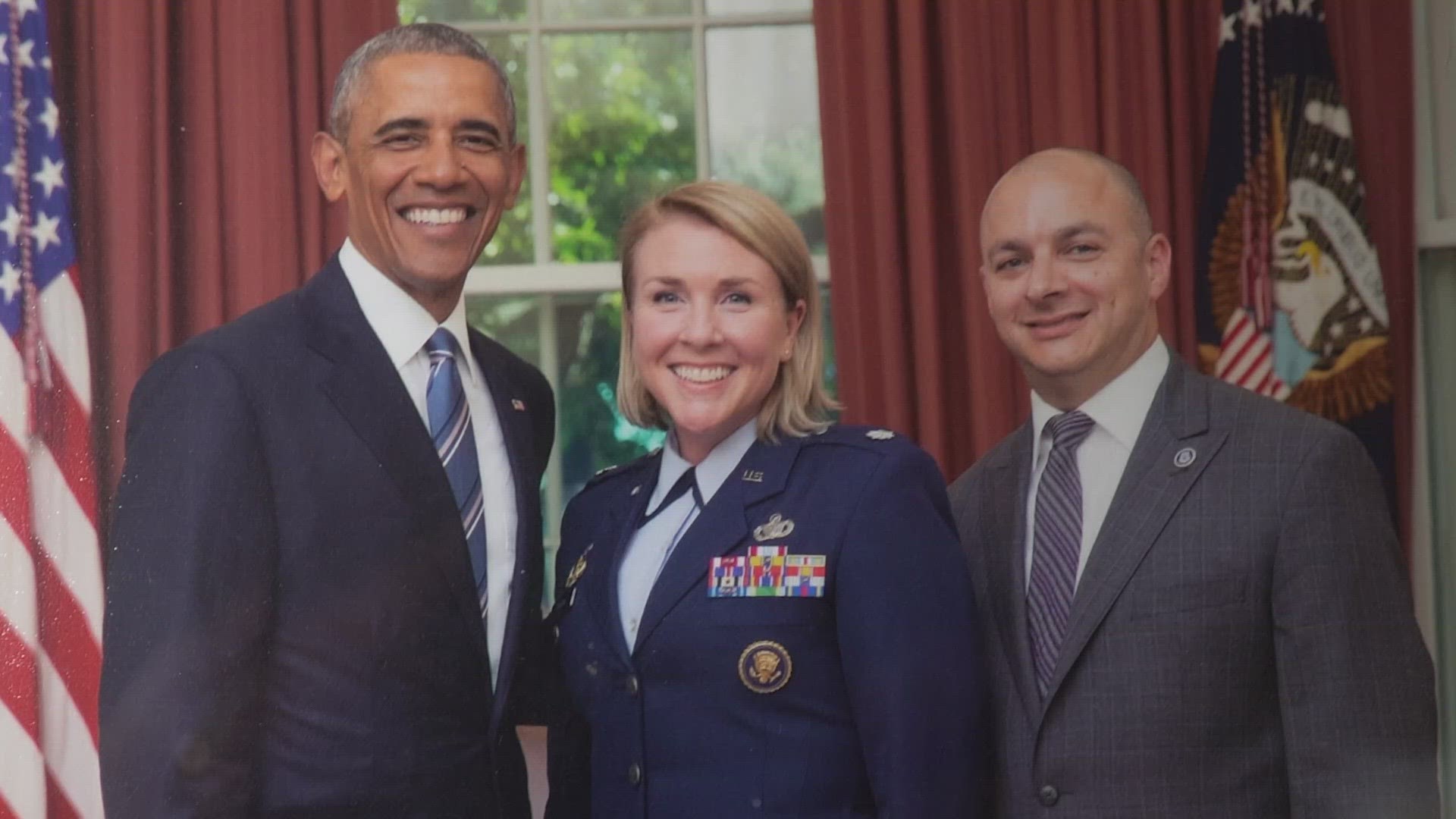Fourth of July is the nation's birthday party filled with loud firecrackers and explosions. But some veterans are avoiding the festivities because of their post-traumatic stress (PTS) or post-traumatic stress disorder (PTSD).
PTS and PTSD describe a host of negative psychological symptoms triggered by environmental stress. For example, after hearing loud fireworks, a veteran with PTSD may have a flashback to the war zone.
Doctors make a distinction between the two conditions.
Post-traumatic Stress (PTS) describes a general set of symptoms a person may suffer after enduring an intensely stressful situation like war. These symptoms are the body's natural response to the stressor.
"It doesn't necessarily mean a bona fide, psychiatric condition," said Dr. Janice Krupnick, a Professor of Psychiatry at Georgetown University School of Medicine.
PTS describes what has been historically known as "Soldier's Heart" or "Shell Shock."
The person suffers PTS for about 3-6 months. Then, symptoms may lessen.
Post-traumatic Stress Disorder (PTSD) is an official diagnosis with more severe and prolonged symptoms.
A PTSD diagnosis indicates the person meets a strict set of criteria outlined by DSM-5 (Diagnostic and Statistical Manual of Mental Disorders), the official manual by the American Psychiatric Association.
A veteran may be diagnosed with PTSD only after six months have passed after returning from deployment, according to Dr. Mikal Rasheed, clinical psychologist with the Dilorenzo TRICARE Health Clinic inside the Pentagon.
Meanwhile, PTS may describe someone with a partial list of symptoms. But the person does not meet the full list of symptoms to warrant a PTSD diagnosis, said Rasheed.
Currently, the Department of Veterans Affairs (VA) only recognizes a diagnosis of PTSD.
"It is important to add the word "disorder" to differentiate it from normal post-traumatic stress reactions that typically subside on their own," according to an official statement from the VA.
Controversy
Some veteran advocates would rather eliminate the term "PTSD." They argue the "D" for "disorder" puts a negative connotation on a natural response of the body.
A formal name change to PTS "...has very serious implications," said Krupnick.
"PTS is not considered in the annals of the [health] insurance companies and the VA bureaucracy and power structure. It's not considered a diagnosis."
So a veteran with a PTS diagnosis cannot access healthcare coverage or VA healthcare services.
Any change would require compliance among the DSM manual, the health insurance companies and the VA.
DSM-5 is currently accepting proposals for updates and changes to its manual.


